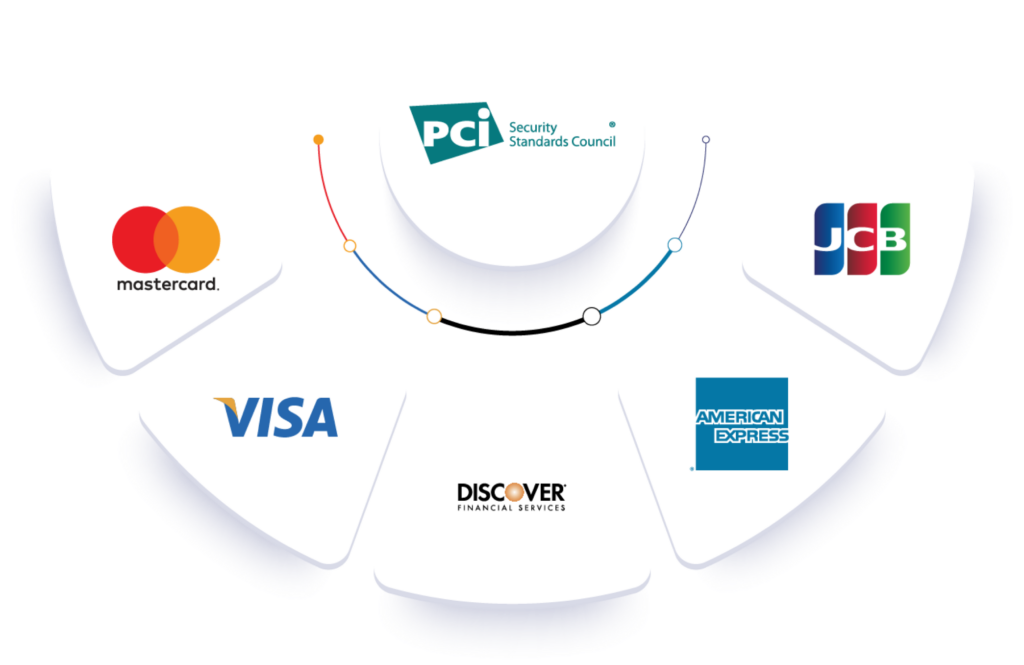The Payment Card Industry Data Security Standard (PCI DSS) was developed by the Payment Card Industry Security Standards Council (PCI SSC), founded in 2006 by major credit card companies like American Express, Discover, JCB International, MasterCard, and Visa. These organizations collectively govern PCI DSS to enhance the security of cardholder data and promote consistent global data security practices. The PCI Security Standards Council itself is not a compliance organization, but individual payment networks enforce compliance.

Merchant levels determine the amount of assessment and security validation required for PCI DSS compliance. The level is based on the number of credit card transactions processed annually. The PCI DSS merchant levels range as follows:

Level 1 Merchants: Must submit compliance documents validated by a Qualified Security Assessor (QSA). The QSA will prepare a report of compliance (ROC), ensuring the 12 PCI DSS requirements are met.
Lower-level Merchants: Only need to complete a Self-Assessment Questionnaire (SAQ), a tool to help organizations self-evaluate their compliance.

PCI compliance ensures that your systems are secure and your customers' payment information is safe, which leads to greater trust and customer loyalty.
Demonstrating compliance enhances your reputation with acquirers and payment brands, improving partnerships and business opportunities.
PCI compliance contributes to a global solution for payment card data security, protecting businesses and customers worldwide.
Compliance can lead to improved IT infrastructure and operational efficiency.
Achieving PCI DSS compliance can also help you comply with other regulations, such as HIPAA, SOX, and more.
Digital Defense ensures your PCI DSS compliance is airtight
Hefty fines, reputational damage, and customer trust loss.
Yes, PCI DSS mandates regular vulnerability scans to identify security weaknesses. Additionally, penetration testing simulates real-world attacks to assess your system’s overall resilience.
The scope defines which systems and data fall under PCI DSS. It depends on the number of transactions you process annually. WeSecureApp can help you identify your scope and tailor a compliance plan accordingly.
Non-compliance can lead to significant financial penalties, card network sanctions, and even termination of processing privileges. WeSecureApp helps you achieve and maintain compliance to avoid these risks.
Costs vary based on your transaction volume and the complexity of your environment. WeSecureApp offers flexible solutions to optimize compliance efforts and minimize expenses.